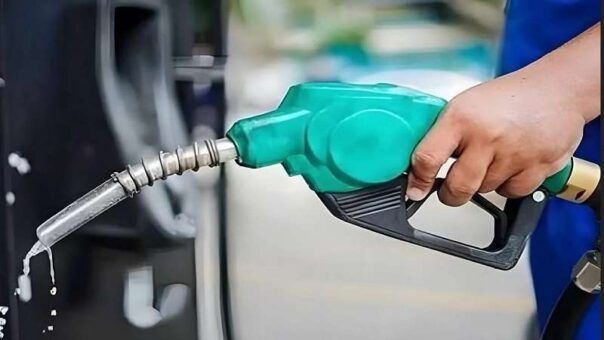The present coalition government in Pakistan has doubled the price of petroleum products since taking charge last year, according to official data released by the Pakistan Bureau of Statistics (PBS).
The ruling party, Pakistan Democratic Movement (PDM), led by Shehbaz Sharif, took over after the removal of former Prime Minister Imran Khan through a vote of no confidence on April 10, 2023.
The SPI based inflation report released by PBS for the week ending April 13, 2023, shows that the price of diesel has increased by 102.84%, while petrol has increased by 81.17%.
This surge in prices comes despite a massive decline in international oil prices over the past year, with Brent crude dropping by over 20% during the same period.
The previous government of Pakistan Tehreek-i-Insaaf (PTI) allowed for price subsidies and fixed the prices of petrol and diesel at Rs150 per liter for each product. However, the current government, faced with a serious financial crisis, decided to withdraw the subsidy and impose a significant petroleum levy to generate additional revenue and satisfy the demands of the International Monetary Fund (IMF) for the continuation of a loan program under the Extended Fund Facility (EFF).
As a result, the people of Pakistan have felt the brunt of high petroleum prices, compounded by the massive devaluation of the local currency during this period. The Pakistani Rupee (PKR) has declined sharply by over 56% to PKR 284.40 to the dollar by April 14, 2023, compared to PKR 181.69 to the dollar on April 14, 2022.
Pakistan is a net importer of petroleum products to meet domestic demand. However, due to rising dollar rates, the government has resorted to reducing the import burden. The import of petroleum products recorded a decline of 14.47% to $5.35 billion during July-February 2022-2023, compared to $6.26 billion in the same period of the last fiscal year.
Meanwhile, the import of the petroleum group fell by over 8% to $11.88 billion during the first eight months of the current fiscal year, compared to $12.95 billion in the corresponding period of the last fiscal year.
